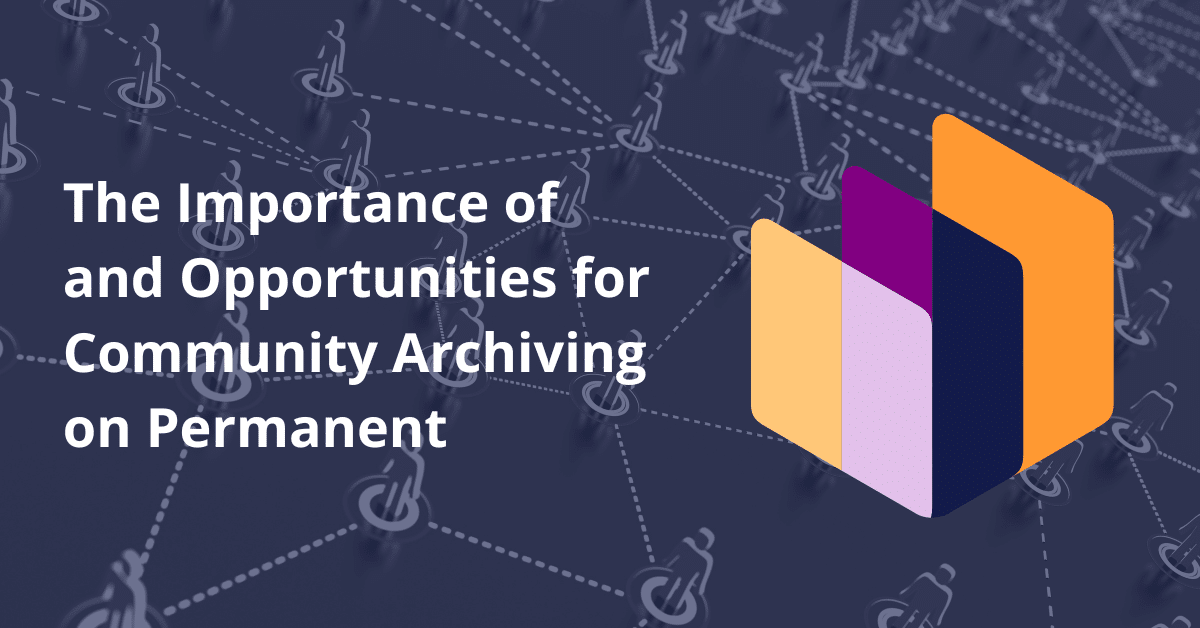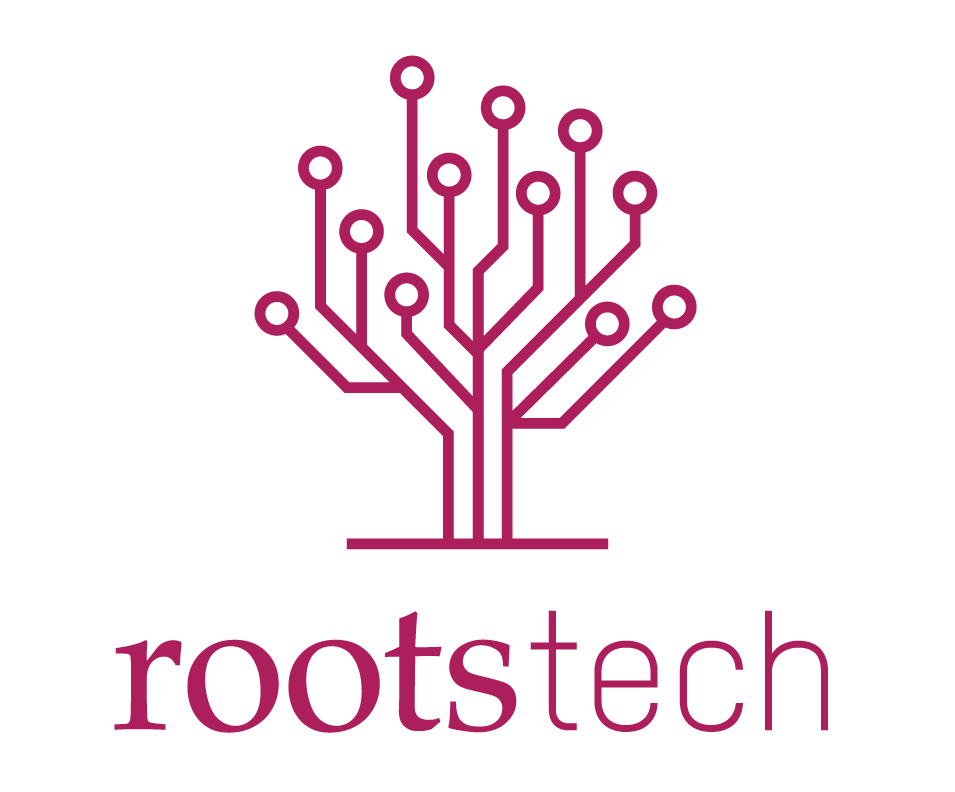
In the digital age, where information moves at the speed of light and trends come and go in the blink of an eye, the importance of preserving our history has never been more crucial. Community archiving, a grassroots effort aimed at collecting, organizing, and preserving historical materials, plays a pivotal role in safeguarding our collective memory for future generations. Permanent supports community archiving through our Byte4Byte granting program, which allows our grantees and partners to secure 100GB of cloud storage and intern support for their unique projects and efforts in this area.
But what exactly is community archiving?
Community archiving refers to the practice of individuals, groups, or organizations within a community coming together to document and preserve their shared heritage. This can encompass a wide range of materials, including photographs, letters, newspapers, oral histories, and digital records. Unlike traditional archival institutions, which often focus on preserving materials of national or institutional significance, community archiving emphasizes the stories and experiences of everyday people.
Why do we believe and invest in community archiving initiatives?
Community archiving work directly supports Permanent’s mission, which is rooted in the belief that all people leave a legacy that deserves to be preserved and that individual stories can change the way we see the world. We know that not all people have an equitable chance to be remembered for who they are. We want to change that. To truly reach all people, we have to do more than provide equal access to our platform and resources. Many groups, cultures, communities, and individuals are missing from our historical records.
That’s why we intentionally work to invite, include, and support people and communities who are underrepresented in the existing historical narrative and are still at risk of being underrepresented in the future. We created our Byte4Byte program to support grassroots organizations that preserve those stories through community outreach and archiving.
Put simply, community archiving addresses gaps in our historical record and ensures that diverse voices and perspectives are represented. While mainstream history often focuses on the deeds of the powerful and influential, community archives shine a light on the experiences of marginalized groups, including people of color, LGBTQ+ individuals, immigrants, and working-class communities. By documenting these stories, community archiving helps to create a more inclusive and accurate portrayal of the past.
Furthermore, community archiving fosters a sense of connection and belonging within communities. By actively participating in the preservation of their history, community members develop a deeper appreciation for their shared heritage and the contributions of those who came before them. This process of collective memory-building strengthens social bonds and reinforces a sense of identity and pride.
In addition, community archives serve as valuable resources for researchers, educators, and future generations. By providing access to primary source materials that may not be available elsewhere, community archives facilitate scholarly research, inspire creative endeavors, and enrich educational curricula. They also empower individuals to reclaim and reinterpret their own histories, challenging dominant narratives and fostering critical thinking skills.
In an era marked by rapid technological change and the impermanence of digital information, community archiving takes on added significance. By preserving materials in both analog and digital formats, community archives help to ensure that our history remains accessible and comprehensible for generations to come.
Community archiving is not just about preserving the past; it is about shaping the future. By documenting and sharing our stories, we enrich our understanding of who we are and where we come from. In this way, community archiving becomes an act of resilience, resistance, and renewal—a testament to the enduring power of memory and the importance of preserving it for generations.
How can you support community archiving on Permanent?
Our Byte4Byte program accepts applications twice a year (Apr. 1 and Oct. 1) and we encourage anyone interested in community archiving to consider applying; you do not need to be a professional archivist to do this work within your own community! If you are curious about how to start this work we recommend checking out the Community Archives Lab at UCLA and their helpful toolkit for community archives. Additionally, the Memory Lab Network’s zine library has extensive resources to help you get started.
If you prefer to support our Byte4Byte partners, you may make a donation and direct it to the Byte4Byte program or a specific Byte4Byte partner of your choice when checking out. You can also help us grow our program by spreading the word to organizations who you think should apply.

